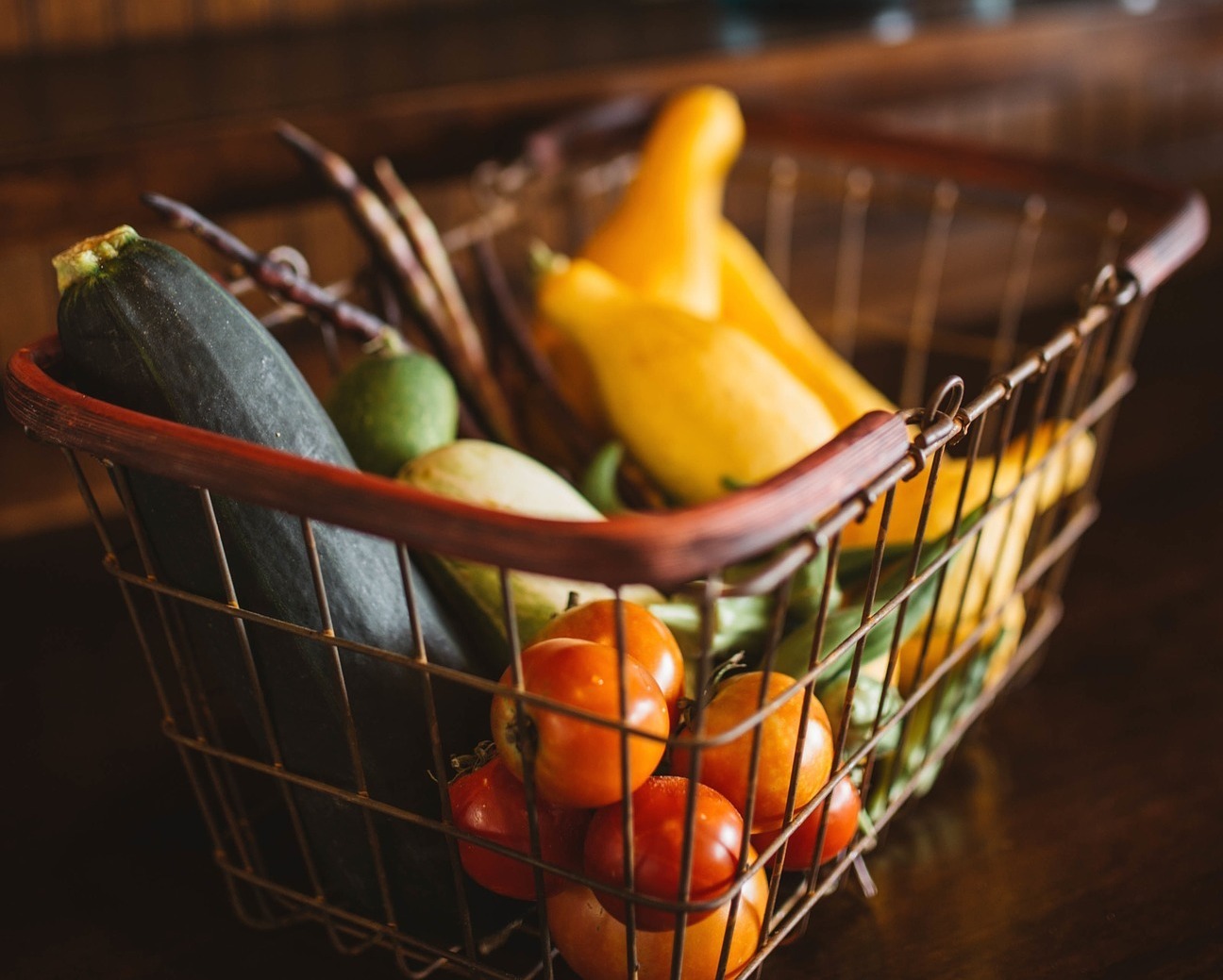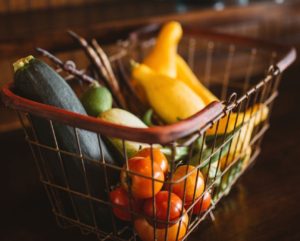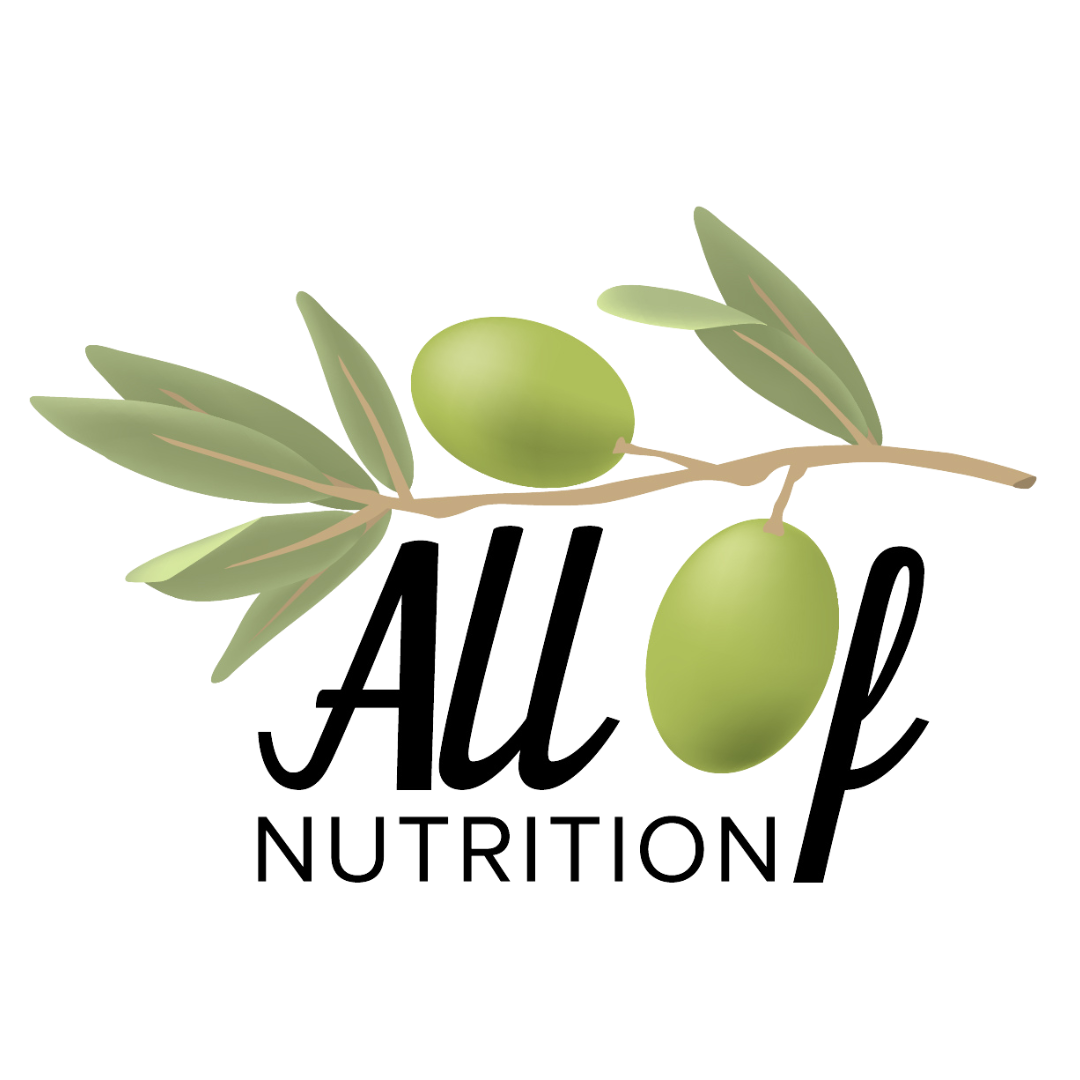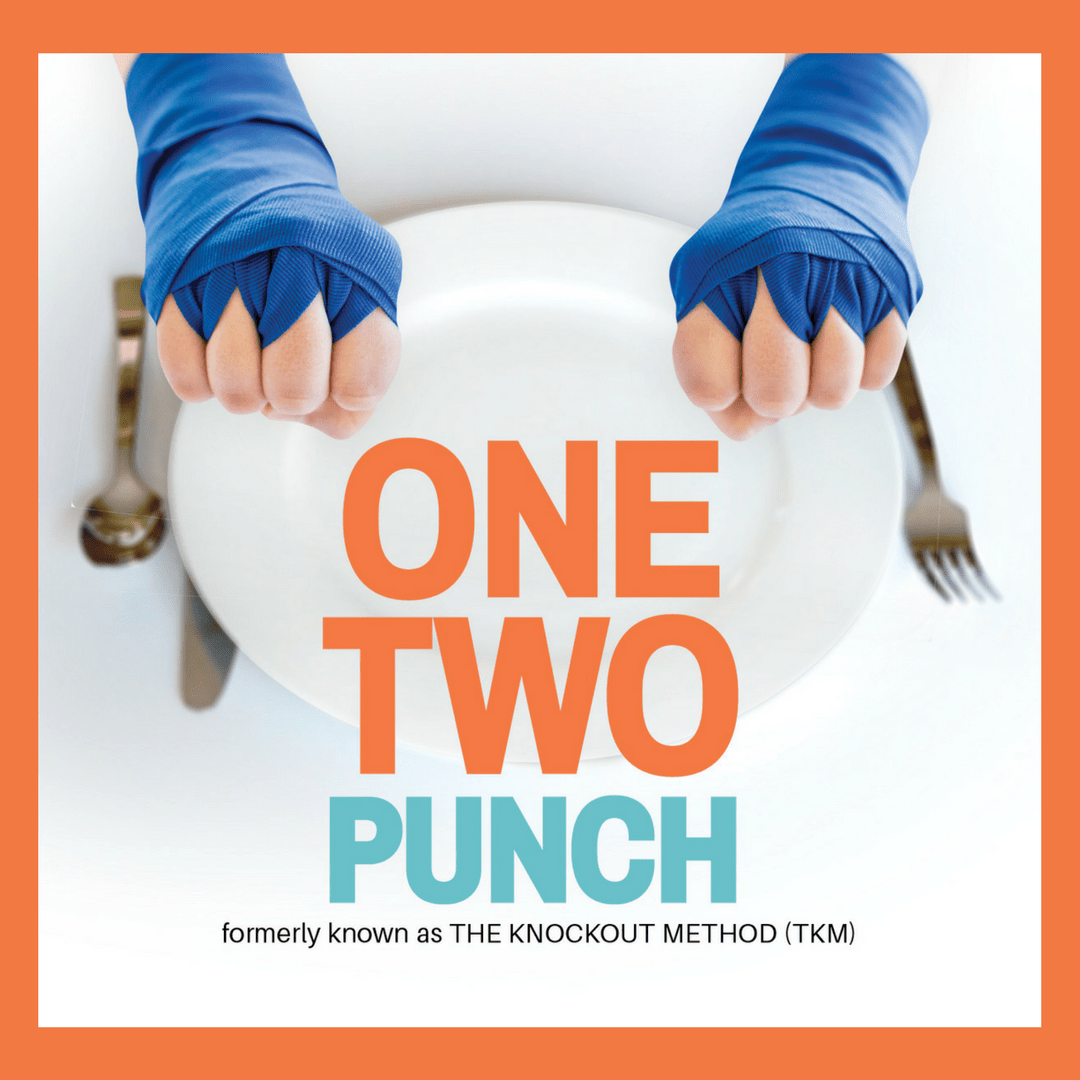
Eating On a Budget
 One of the beauties of BURN, BALANCE, BECOME is that it can be very budget friendly. Like many people, you may feel like you can’t eat healthy on a small budget. You will never hear us telling you that you need to buy the latest fancy superfood or purchase an expensive food service. The good news is, you can HAVE IT ALL and it won’t break the bank.
One of the beauties of BURN, BALANCE, BECOME is that it can be very budget friendly. Like many people, you may feel like you can’t eat healthy on a small budget. You will never hear us telling you that you need to buy the latest fancy superfood or purchase an expensive food service. The good news is, you can HAVE IT ALL and it won’t break the bank.
Here are some tips for eating on a budget:
1. Have a plan!!! If you don’t have a plan for dinner, takeout will always seem like the best option after a long day. However, if you already have most of your meal prepped or at least planned out with the groceries on hand, you are much more likely to make dinner at home. Imagine what a family meal at KFC costs versus making the same, healthier version at home.
2. Don’t go to the grocery store hungry. It is difficult to make good choices when you are hungry. Your best bet? Eat a small snack before hitting the grocery store so that you can be on your A-game.
3. Plan out your meals before you shop and buy only what you need for that plan. Plan dinners with other foods that work well for lunches and snacks. Store brands are generally less expensive than name brands and the quality is just as good. It’s also a good idea to check out ads before you shop and pick up items that are on sale.
4. Buy bulk items of foods you use a lot. It is crazy how much less expensive cheese is at Costco versus buying a package half that size at the grocery store. You can buy the bigger package and freeze most of it until you are ready to eat it. It’s nice to stock up on staples like healthy grains and beans to have on hand when you are cooking.
5. Every once in a while clean out your pantry and fridge. Make an effort to be a little more creative and use up everything sitting around. That way, you aren’t wasting food by letting it expire.
6. Eat local foods! Farmer’s market season will soon be back. Stock up on fresh fruits and vegetables which are less expensive and better for our environment and local economy. If you don’t have time to go to the farmer’s market, consider joining a CSA (community supported agriculture) group in your area to have food delivered or ready and available for pick up once a week.
7. It is always a great time to cut back on meat and eat semi-vegetarian. Soaring meat prices may mean that buying meat on a budget is difficult. Take advantage of this by switching over to a more plant-based diet. It can be a lot of fun to try cooking more meatless meals by substituting beans, tofu, eggs, nuts, and lentils in place of meat.
8. Even though fresh foods are delicious and nutritious, don’t discount frozen fruits and vegetables! Frozen foods are picked at the height of freshness and flash-frozen to retain as much flavor and nutrients as possible. Frozen fruits and vegetables are a great way to make sure you are eating all your servings of produce when you are busy. Making a smoothie? Throw in a handful of frozen berries. Scrambling some eggs in the morning? Toss in a couple of handfuls of frozen spinach or peppers. Frozen fruits and vegetables are a great way to conveniently eat healthy.
9. Some may dislike this one but eat your leftovers to avoid throwing food away. The entrée doesn’t need to be exactly the same. If you are making meat, cook a little extra and enjoy the leftovers tomorrow on a salad.
10. Lastly, plan ahead not only for meals but being “out and about” to avoid making restaurant or fast food stops. Make your coffee at home in the morning. Pack snacks for you and the kids before you go somewhere. Pack a picnic if it is an all-day outing. You will be a lot healthier and your wallet will thank you.





